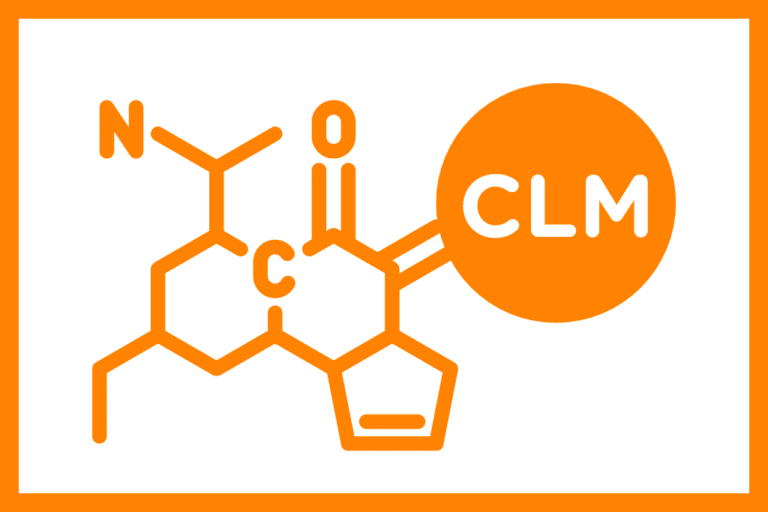
Archives Resources
Unlock insights and strategies to streamline corporate and legal activities. Explore our collection of resources, including articles, whitepapers, webinars, and videos, covering governance, artificial intelligence, contract management, digitization and more.

5 popular beliefs about artificial intelligence
In recent years, the use of artificial intelligence has greatly developed, whether in the workplace or in everyday life. Beyond the trend, the generalization of AI raises a number of ethical, technical, and professional questions. This…
Read More 5 popular beliefs about artificial intelligenceLooking for specific content?
Explore all topics


Pharma Sector: The 5 Challenges of Efficient Contract Management

How to Properly set up your CLM to Better Manage SDEAs

Empowering In-House Counsels: Tips for Strategic Excellence

How does DiliTrust Educate its Artificial Intelligence?

Understanding Machine Learning

Decoding a Decade: The Evolution of DiliTrust’s AI Innovations

Navigating a Looming Recession with Efficiency and Automation – The Power of AI for Contract Management
